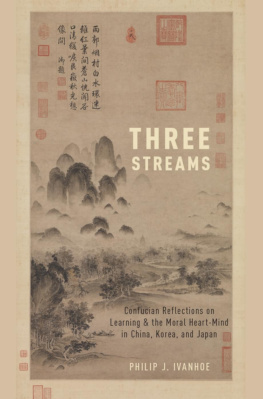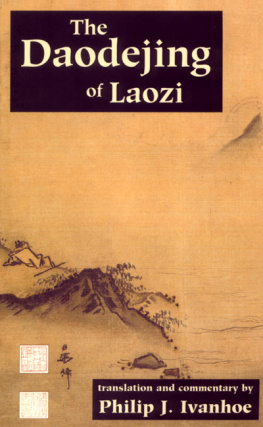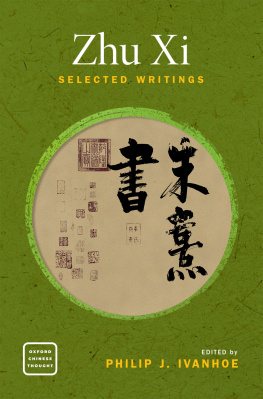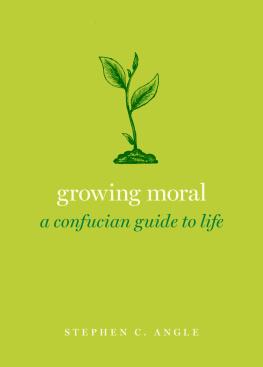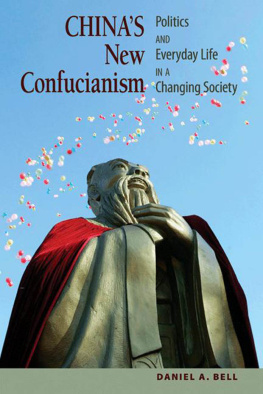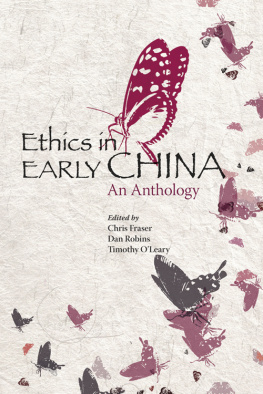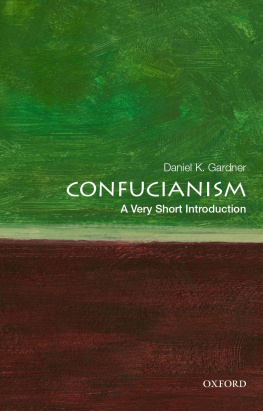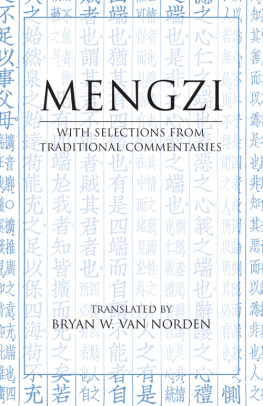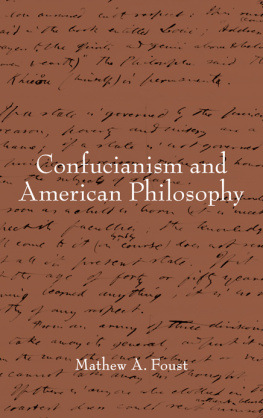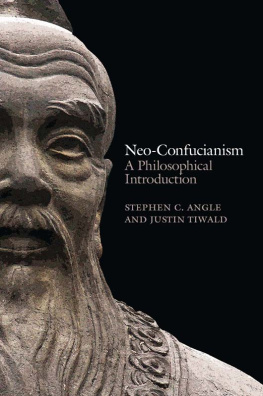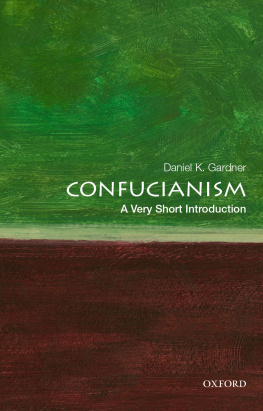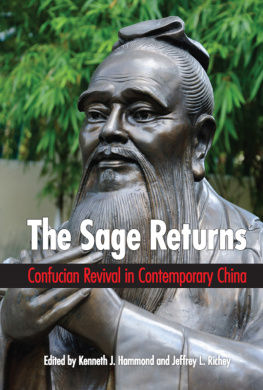Oxford University Press is a department of the University of Oxford. It furthers the Universitys objective of excellence in research, scholarship, and education by publishing worldwide. Oxford is a registered trade mark of Oxford University Press in the UK and certain other countries.
Published in the United States of America by Oxford University Press 198 Madison Avenue, New York, NY 10016, United States of America.
Oxford University Press 2016
All rights reserved. No part of this publication may be reproduced, stored in a retrieval system, or transmitted, in any form or by any means, without the
prior permission in writing of Oxford University Press, or as expressly permitted by law, by license, or under terms agreed with the appropriate reproduction rights organization. Inquiries concerning reproduction outside the scope of the above should be sent to the Rights Department, Oxford University Press, at the address above.
You must not circulate this work in any other form
and you must impose this same condition on any acquirer.
Library of Congress Cataloging-in-Publication Data Names: Ivanhoe, P. J., author.
Title: Three streams : Confucian reflections on learning and the moral heart-mind in China, Korea, and Japan / Philip J. Ivanhoe.
Description: New York : Oxford University Press, 2016. | Includes bibliographical references and index.
Identifiers: LCCN 2016008340 | ISBN 9780190492014 (hardcover : alk. paper) | ISBN 9780190492021 (ebook (updf)) | ISBN 9780190629472 (ebook (epub)) | ISBN 9780190492038 (online content)
Subjects: LCSH: Neo-Confucianism. | Confucianism China. | Confucianism Japan. | Confucianism Korea. | Confucianists.
Classification: LCC B127.N4 I93 2016 | DDC 299.5/12 dc23 LC record available at https://lccn.loc.gov/2016008340
Printed by Sheridan Books, Inc., United States of America
To the memory of my mother
Dorothy Ann Ivanhoe
CONTENTS
ACKNOWLEDGMENTS
I thank Youngsun Back, Erin M. Cline, Owen Flanagan, Eirik Lang Harris, Eric L. Hutton, Richard T . Kim, Sungmoon Kim, Hagop Sarkissian, Eric Schwitzgebel, Michael R. Slater, and Justin Tiwald for providing criticisms, suggestions, and comments on earlier drafts of this work. Their care and concern greatly improved this work, and its remaining shortcomings are wholly my responsibility. I gratefully acknowledge the support of the Department of Public Policy of City University of Hong Kong, and the remarkable generosity of the Korean Studies Promotion Service funded by the Korean Government (MEST) (AKS-2011-AAA-2102), which supported this work as part of a larger project: Korean Philosophy in Comparative Perspectives. I acknowledge and thank the editors of the Taiwan Journal of East Asian Studies for allowing me to use parts of my essay New Old Foundations for Confucian Ethical Philosophy : It Jinsai (16271705), Dai Zhen ( ) (17221776), and Jeong Yakyong ( ) (17621836), Taiwan Journal of East Asian Studies 11.1 (2014): 77133, and the editors of Philosophy East and West for allowing me to draw on parts of my essay The Historical Significance and Contemporary Relevance of the Four-Seven Debate, Philosophy East and West 65:4 (2015): 70130.
CONVENTIONS
F or the first occurrence of citations in the footnotes, the full reference is given. For subsequent citations an abbreviated reference to the work is provided. References to well-known classics such as the Mengzi follow the standard pagination, e.g. Mengzi 3A9.
For the first occurrence of Chinese, Korean, or Japanese names, I provide the Romanization followed by the Chinese characters: for example, Wang Yangming . Part I focuses on Chinese philosophers and so for the first occurrence of important terms of art, phrases, or sentences I provide a translation followed by the Pinyin Romanization and the original Chinese characters in parentheses : for example , principle ( li ). Part II focuses on Korean philosophers , and so for the first occurrence of important terms of art , phrases, or sentences I provide a translation followed by the Korean pronunciation in Revised Romanization and the original Chinese characters in parentheses: for example , Way ( do ). The same approach is followed in Part III ; for the first occurrence of important terms of art, phrases, or sentences I provide a translation followed by the Japanese pronunciation in Hepburn Romanization and the original Chinese characters in parentheses: for example, personal opinion ( shiken ).
Qi , yin , and yang , which are the names of different kinds of fundamental constituents of the phenomenal world, are Romanized in Pinyin and left untranslated since there is no single English word corresponding to their meaning, and these words, like Sanskrit karma , are becoming parts of the English lexicon.
Other terms of art such as principle ( li ) might well be treated as qi, yin, and yang , but in this and other cases the English translation, while in some respects inadequate and potentially misleading, is helpful for grasping the sense of the term. I have offered substantial footnotes to the first occurrence of such terms in which I attempt to steer readers to a proper understanding. It is hoped that in the light of these notes and by seeing the term used in a variety of contexts, readers will be able to gain a proper and nuanced sense of its meaning.
I translate the character as Heaven when it refers to a conscious moral agent acting intentionally in governing the universe and heaven when it refers to the heavens or sky or the natural realm more generally.
All translations are my own.
| Introduction
MANY OF THE CENTRAL and defining themes of the Western philosophical tradition can be found in the writings of Plato (c. 428348 BCE); his mentor, Socrates (c. 470399 BCE); and Platos student Aristotle (384322 BCE). Plato both conveyed and sought to improve on his mentors teachings while Aristotle sought to reform, emend, and extend Platos system of philosophy, many parts of which he found in need of such attention. The centrality of Platos thought not only to early Greek but to the entire Western tradition of philosophy led Alfred North Whitehead (18611947) to assert, The safest general characterization of the European philosophical tradition is that it consists of a series of footnotes to Plato.
Plato was a realist who sought to distinguish what is real from its mere appearance; this led him to argue that there is a realm of forms apart from yet standing behind or above the phenomena of the actual world. Many and perhaps most people would agree with the basic Platonic intuition that there is some abstract entity two that stands behind or above all the actual instantiations of two for example, two people, two eggs, two traditions of philosophy and even perhaps that this entity is universal in scope and more enduring than any of its real-world correlates. The implications of such a view are profound and far-reaching; for example, it provides a clear and absolute foundation and standard for truth and suggests a path or method for attaining true knowledge. Plato further argued for a view that far fewer people today are likely to endorse: that it is only because our souls had prior contact with the forms an idea first suggested by his teacher, Socrates that human beings are able to know the truths they represent.
Platos philosophy addresses a range of vexing philosophical challenges and inclined the Western tradition to pursue a certain set of problems and approaches. It centered the tradition on epistemology and metaphysics, committed it to exploring the relationship between language and reality, accorded rationality a preeminent place over the emotions, pledged fidelity to argumentation as its primary method, and dedicated itself to the search for eternal world-transcending truths. As a result, the central goal of the tradition became true knowledge of self and world and its greatest imperative to know . Contemporary Anglo-American philosophy remains largely defined by this set of concerns and approaches though this involves attempts to refute as well as defend them. These concerns and approaches deeply inform much of its ethical and political philosophy as well as core areas of the discipline such as philosophy of mind, philosophy of language, and epistemology.

